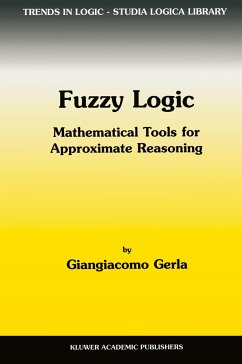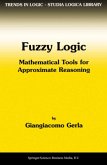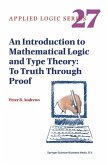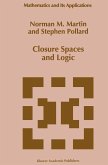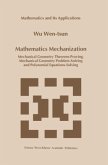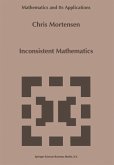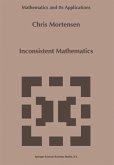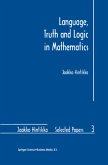Fuzzy logic in narrow sense is a promising new chapter of formal logic whose basic ideas were formulated by Lotfi Zadeh (see Zadeh [1975]a). The aim of this theory is to formalize the "approximate reasoning" we use in everyday life, the object of investigation being the human aptitude to manage vague properties (as, for example, "beautiful", "small", "plausible", "believable", etc. ) that by their own nature can be satisfied to a degree different from 0 (false) and I (true). It is worth noting that the traditional deductive framework in many-valued logic is different from the one adopted in this book for fuzzy logic: in the former logics one always uses a "crisp" deduction apparatus, producing crisp sets of formulas, the formulas that are considered logically valid. By contrast, fuzzy logical deductive machinery is devised to produce a fuzzy set of formulas (the theorems) from a fuzzy set of formulas (the hypotheses). Approximate reasoning has generated a very interesting literature in recent years. However, in spite of several basic results, in our opinion, we are still far from a satisfactory setting of this very hard and mysterious subject. The aim of this book is to furnish some theoretical devices and to sketch a general framework for fuzzy logic. This is also in accordance with the non Fregean attitude of the book.
Hinweis: Dieser Artikel kann nur an eine deutsche Lieferadresse ausgeliefert werden.
Hinweis: Dieser Artikel kann nur an eine deutsche Lieferadresse ausgeliefert werden.
`Gerla (University of Salerno, Italy), in this book, is concerned with fuzzy logic in the narrow sense, as the subtitle "Mathematical Tools for Approximate Reasoning" makes clear. The preface indicates that the book is principally concerned with three mathematical tools: the theory of fuzzy closure operators, an extension principle for closure operators, and the theory of recursively enumerable fuzzy subsets. Gerla sets out the details of his research related to these tools. Obviously, this book is intended for advanced study in graduate courses and as a resource for researchers, and so it would be a good addition to libraries of institutions where graduate studies and research in FLn are carried out. Graduate students and faculty' R. Bharath, emeritus, Northern Michigan University in Choice, January 2002
`Gerla (University of Salerno, Italy), in this book, is concerned with fuzzy logic in the narrow sense, as the subtitle "Mathematical Tools for Approximate Reasoning" makes clear. The preface indicates that the book is principally concerned with three mathematical tools: the theory of fuzzy closure operators, an extension principle for closure operators, and the theory of recursively enumerable fuzzy subsets. Gerla sets out the details of his research related to these tools. Obviously, this book is intended for advanced study in graduate courses and as a resource for researchers, and so it would be a good addition to libraries of institutions where graduate studies and research in FLn are carried out. Graduate students and faculty'
R. Bharath, emeritus, Northern Michigan University in Choice, January 2002
R. Bharath, emeritus, Northern Michigan University in Choice, January 2002

